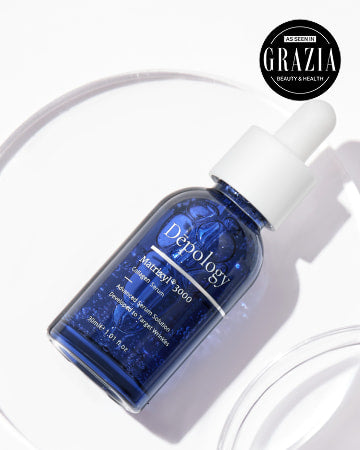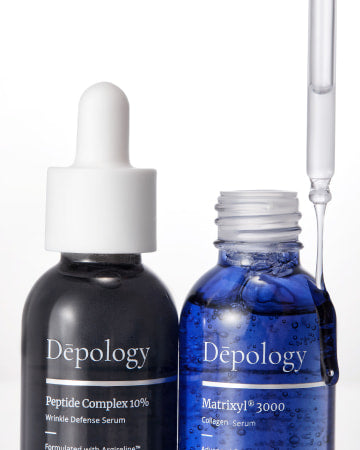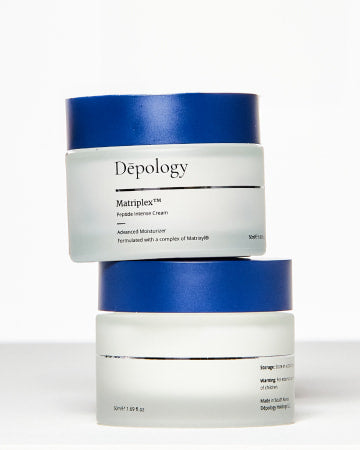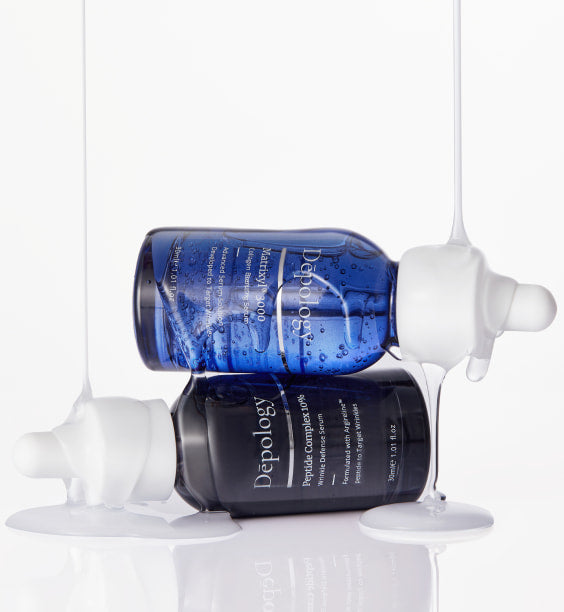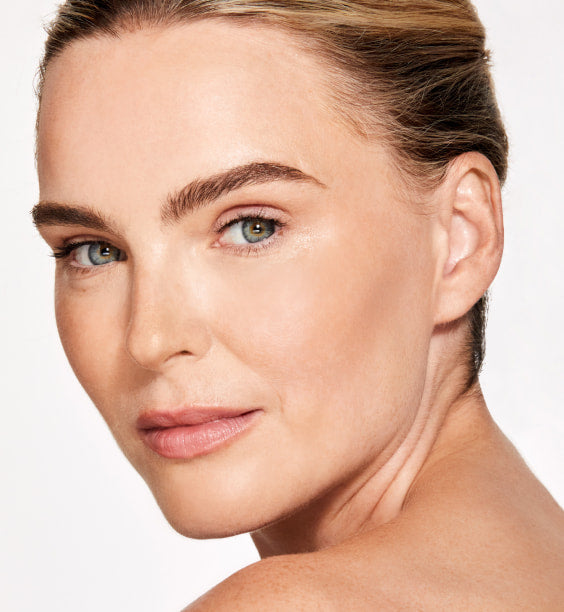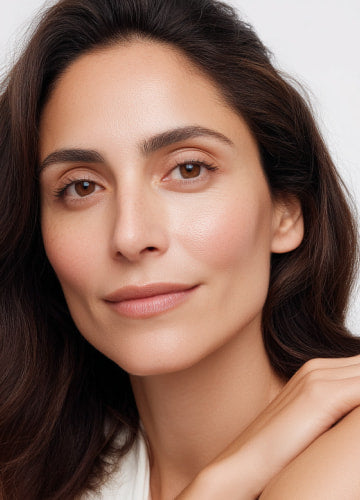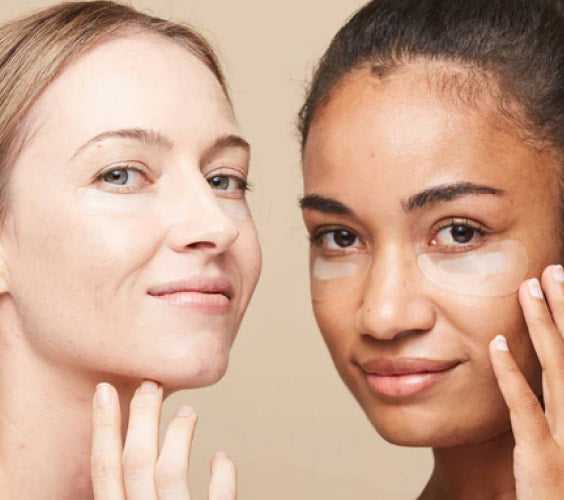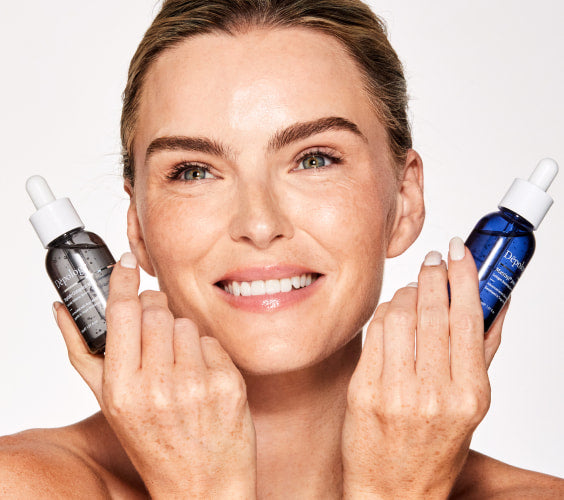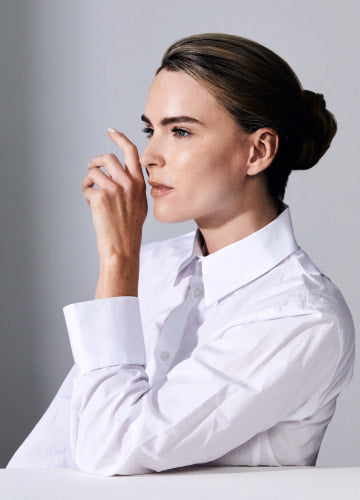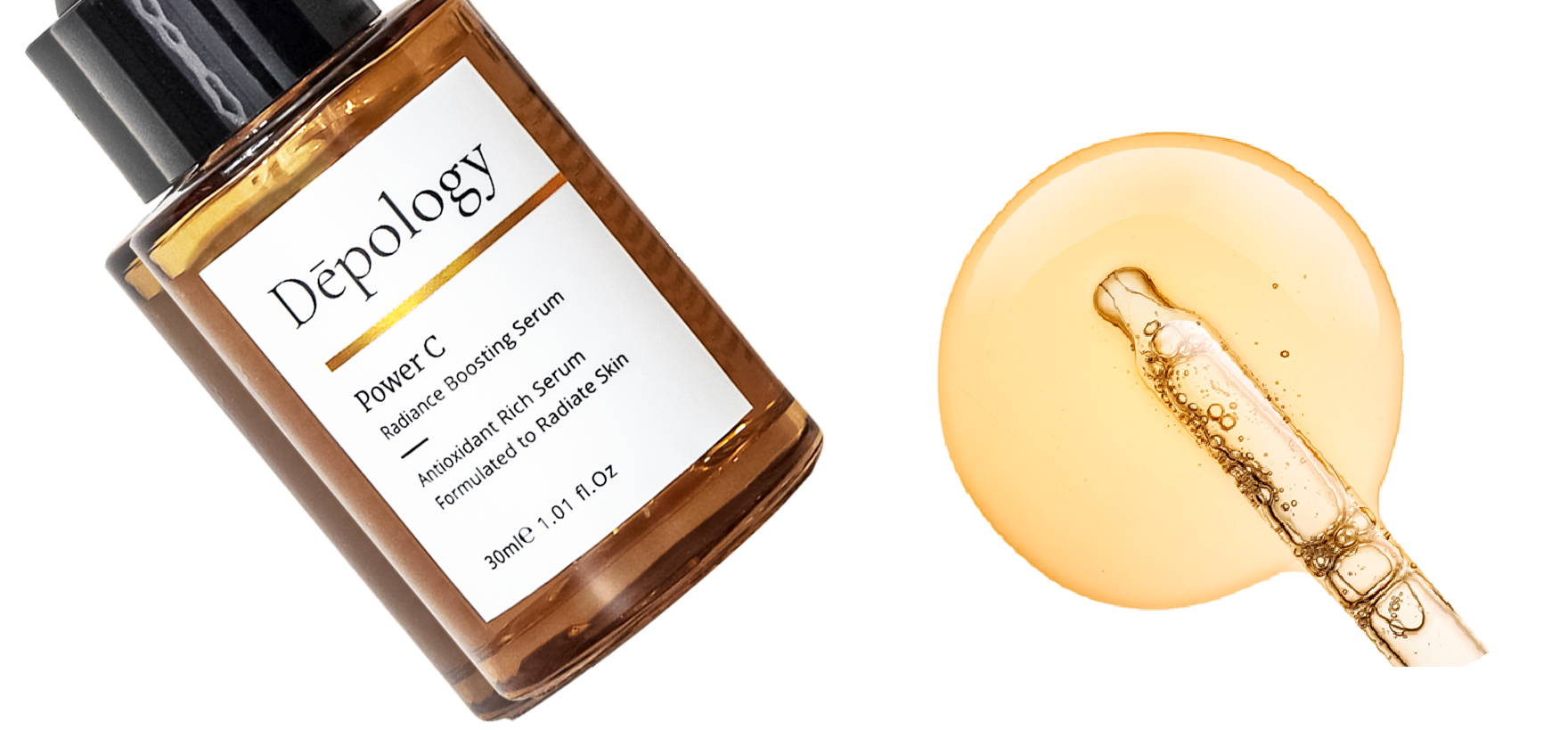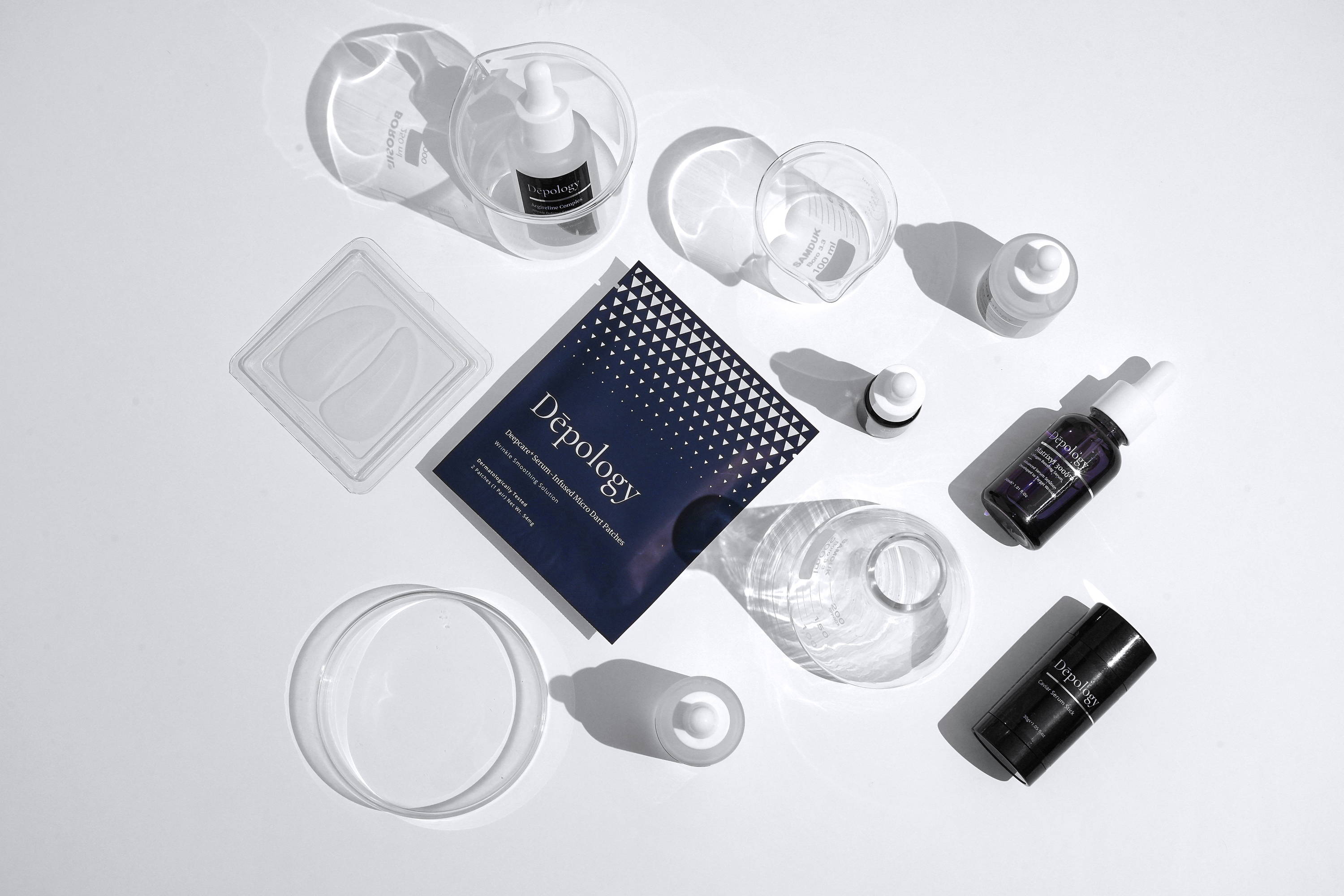
Difference Between Retinol And Retin-A
Retinol has become a staple in many skincare enthusiasts' routines, but what some people might not know is that retinol is just one of many retinoids. Another popular retinoid is Retin-A, which is the brand name for tretinoin. While retinol and Retin-A may share similarities, they have distinct differences that could be critical for effectively caring for your skin. We'll give you a detailed overview of what retinoids are and what the different types are useful for so you can make the best decision for your unique skin.
WHAT IS A RETINOID?
A retinoid is a type of Vitamin A used in skincare to treat common skin issues such as wrinkles, fine lines, blemishes, hyperpigmentation, and uneven skin texture. Retinoids work by causing the skin cells to turn over more quickly, resulting in smoother, brighter, and more vibrant skin. Retinoids also encourage collagen production, which firms the skin to help reduce wrinkles and acne scars. Retinoids are available in various formulations, including creams, gels, and prescription products. Retinoids are generally considered safe for most skin types, but some formulations are more intense and are available only through prescription.
WHAT IS RETINOL?
Retinol is the most common type of retinoid used in over-the-counter skincare products. Retinol is a derivative of Vitamin A and works to exfoliate and reduce the appearance of lines and wrinkles. It also helps to support collagen within the skin, leading to firmer, smoother, and more even-looking complexion. The potency of retinol can vary widely, so it's important to select a product that is formulated specifically for your skin type. You should use retinol only at night since it can make your skin more reactive to the sun's harmful UV rays. You should also not use it in conjunction with specific skin care products such as harsh exfoliants and Vitamin C. We suggest using a retinol night cream during your evening skincare routine.
Our Pick: Retinol Night Cream
WHAT IS RETIN-A?
Retin-A, or tretinoin, is a prescription form of retinoid formulated with a higher concentration of Vitamin A. It is usually more effective than retinol in treating skin issues like wrinkles, acne, and other skin blemishes since it is more potent. However, it is harsher on the skin and can lead to more side effects. Retin-A is available in both gel and cream forms and should be used only under the supervision of a dermatologist. As with any retinoid, Retin-A should be applied at night and not combined with ingredients that react poorly with retinoids (Vitamin C, AHAs, BHAs).
KEY DIFFERENCES BETWEEN RETINOL AND RETIN-A
The key differences between retinol and Retin-A lie in their concentration level and availability. Retinol, considered to be one of the milder retinoids, can be found in over-the-counter skin care products and is available in varying concentrations. In contrast, Retin-A is only available through prescription and is much more potent than retinol. The higher concentration of Retin-A makes it more effective in treating skin issues. However, it also carries a higher risk of side effects like redness and irritation compared to retinol. This is why Retin-A should only be used as prescribed by a doctor and carefully monitored for side effects.
WHAT ARE THE OTHER TYPES OF RETINOIDS?
Aside from retinol and tretinoin, several other types of retinoids are available as treatments for various skin concerns:
- Adapalene: typically found in gel form and used to reduce acne
- Tazarotene: generally used in creams to treat psoriasis
- Alitretinoin: used to treat skin lesions caused by some illnesses
- Bexarotene: used in capsule form to help treat certain types of skin cancer.
Many of these retinoids are available only with a prescription, so it's important to talk to your dermatologist or doctor to find the best fit for your skin type and condition if retinol is not potent enough for your skin.
HOW TO CHOOSE THE RIGHT RETINOID FOR YOUR SKIN?
When it comes to choosing the right retinoid for your skin, it's essential to consider your skin's needs and sensitivities. If you're dealing with wrinkles, fine lines, acne, hyperpigmentation, or other skin concerns, it's best to consult your dermatologist to find the retinoid that is right for you. It's also a good idea to start with a lower-strength retinoid like retinol to help your skin adjust to the treatment and gradually increase the potency if necessary. Finally, remember the importance of proper cleansing, sun protection, and moisturizing to complement your retinoid treatment and ensure the best results.
THE FINAL VERDICT: THE DIFFERENCE
Retinoids are a powerful skincare choice that can help address numerous skin concerns, but it's important to understand their differences and choose the right type for your individual skin needs. By familiarizing yourself with retinoids and understanding the key differences between retinol and Retin-A, you can make the best decision for your skincare routine. With the right retinoid, you'll be well on your way to smoother, healthier skin.


